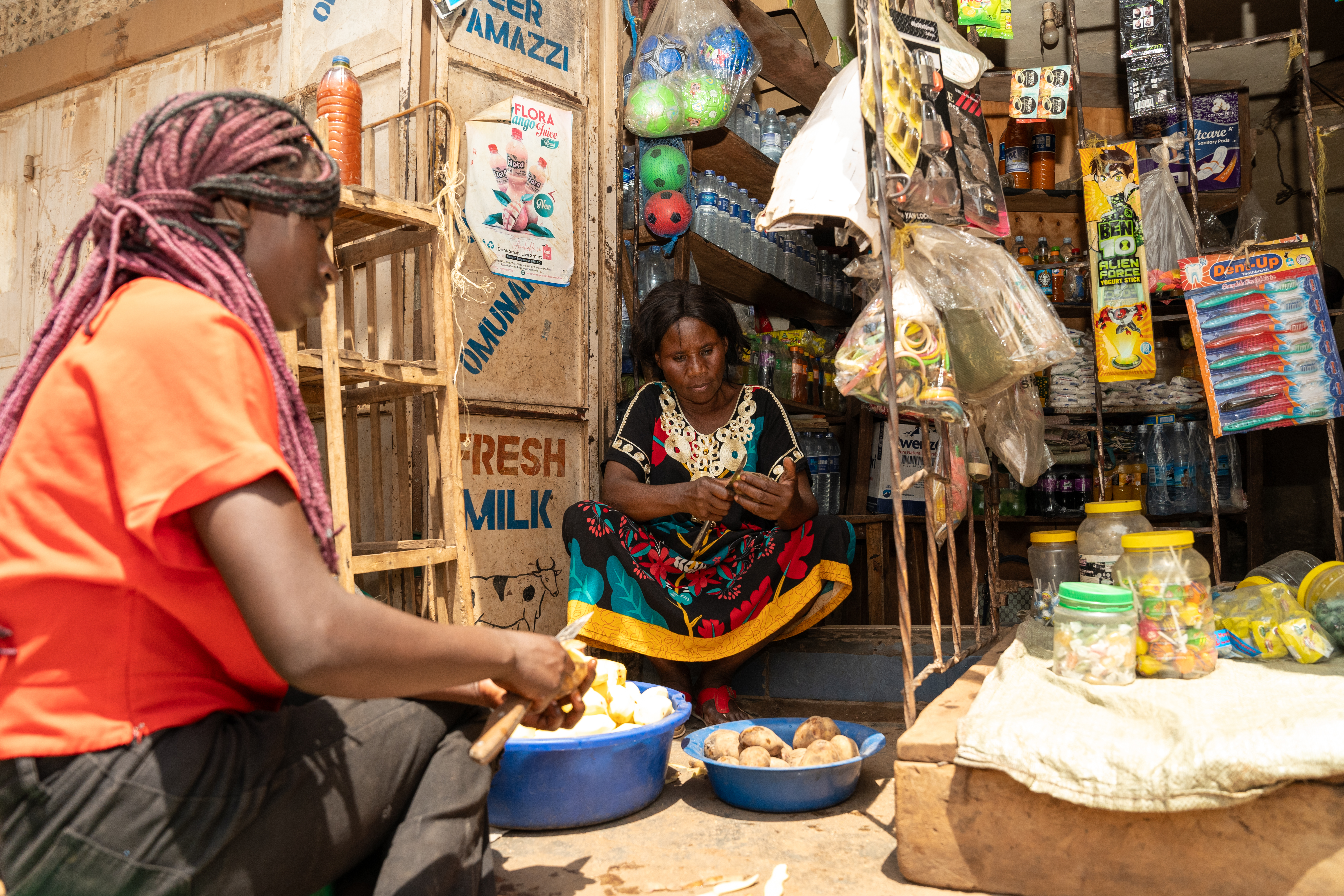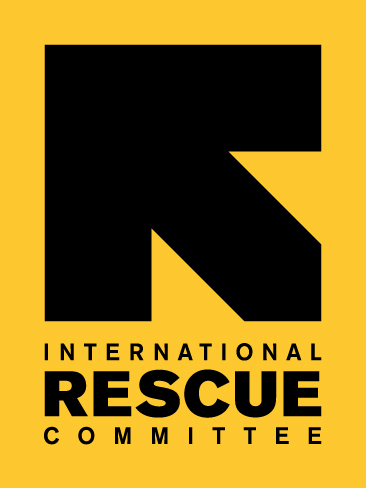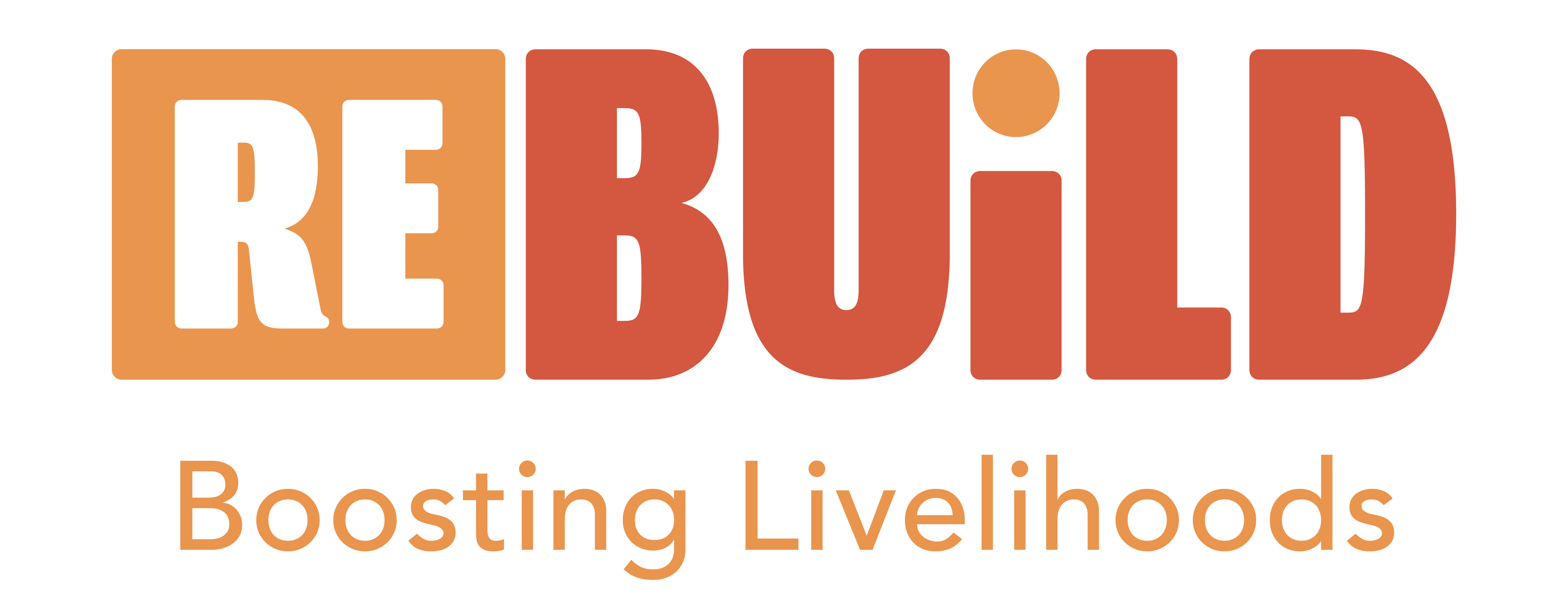Key Takeaways
When applying these lessons into programs, researchers recommend:
- prioritizing cash grants, including a simple message on the grant’s connection to refugees;
- maintaining high standards for mentor selection; and
- conducting further research on mentorship programs for women.
The Challenge
Microentrepreneurship is a common form of employment for refugees, including among the 150,000 refugees in Kampala, Uganda. However, they often face constraints to business growth such as obstacles to borrowing, inexperience, or a lack of managerial capital. They also have limited professional connections in their host countries, which may prevent them from expanding their businesses. To overcome these constraints, the International Rescue Committee (IRC) Re:BUiLD program provided cash grants to microentrepreneurs and business mentorship designed to expand their networks and foster stronger relationships. While open questions remained around the economic outcomes of this model, evidence was particularly needed on the impact of the mentorship component on refugee and host social cohesion.
The Evaluation
Researchers conducted a randomized evaluation to measure whether an IRC program that combined cash grants and business mentorship improved business success and social cohesion for refugee and host country entrepreneurs. The intervention involved 2,000 refugee and host country microentrepreneurs and 600 mentors.
Participants were randomly assigned to receive either a cash grant without mentorship; a cash grant with business mentorship; or a cash grant 18 months after the program launch, serving as a comparison group. At the start of the program, participants received basic information about refugees and aid-sharing in Uganda, meant to improve attitudes towards refugees. All microentrepreneurs then received business grants of 2 million Ugandan Shillings (USD 540). Each participant with an open business that they reported to the IRC was also eligible to enter a lottery to receive a performance-based incentive.
In the combined cash grant and mentorship groups, the program matched three inexperienced microentrepreneurs with an experienced mentor for six months, meeting for one hour each week. To further study the program’s impact on social cohesion, researchers varied the nationality and gender of these groups. The variations were as follows:
- “Aligned”: Groups consisting of four individuals of the same nationality and gender
- “Cross-gender”: Groups consisting of two men and two women of the same nationality
- “Cross-nationality”: Cross-nationality groups consisting of two Ugandans and two refugees of the same gender
Some mentorship groups were further randomly assigned to receive payouts for every mentee in their group who won the IRC lottery, giving them a “shared fate” incentive to remove competition and other barriers within unfamiliar groups.

Results
Across all groups that received business grants at the launch, business ownership, stock capital, profits, and overall business performance improved substantially over one year. Cash grants also improved food security, psychological well-being, and overall household well-being across all participants.
There was no average difference in impact between the mentorship groups and business grants alone. These impacts did not significantly vary between refugee and Ugandan mentees, nor by the nationality of the mentor. However, the impact of the mentorship component varied by gender. Mentorship improved business outcomes and household earnings for refugee men, particularly when they were mentored by other men and by those with above-median profits at baseline. The effect of mentorship for refugee and Ugandan women, on the other hand, was statistically insignificant relative to cash alone, although with slightly lower profits and business capital.
Ugandan attitudes toward refugees also improved across all arms, although attitudes were not further improved by intergroup contact from cross-nationality mentorship groups. Researchers attribute this improvement in large part to the launch video explaining that the IRC’s mission is to help refugees and that Kampala was chosen for the program because of the many refugee residents. This messaging strategy with cash grants was also effective in an earlier study in this and the Kenyan contexts.1 For refugees, there were no effects found on social cohesion. The shared fate addition improved the perception of shared success in cross-nationality groups, although it had no impact on business outcomes. However, the shared fate component slightly worsened aligned group dynamics and outcomes at six months, with participants less likely to feel that the group listens to their questions and that all members work hard.
Policy Impact and Implications
Overall, these findings deepen the understanding of physical, human, and social capital constraints to refugee business growth, while providing insight into potential pathways to improve the impact, inclusivity, and cost-effectiveness of microenterprise programming. With many open questions remaining, the researchers plan to further explore differences by baseline attitudes toward refugees and their impact on business and social cohesion outcomes in groups. They also plan to examine the mechanisms behind the gendered outcomes of mentorship, examining mentor characteristics and asking whether mentorship led some women to pursue lower-profit sectors, resulting in diminished business success.
For now, researchers recommend that practitioners prioritize cash grants and implement a similar messaging strategy during delivery. For mentorship programs, they recommend selecting mentors who are running more successful businesses and to include research and regular evaluations with any mentorship programs for female mentees to avoid any adverse effects.
The study was undertaken by the International Rescue Committee (IRC) Refugees in East Africa: Boosting Urban Innovations for Livelihoods Development (Re:BUiLD) program in partnership with researchers from the Center for Global Development (CGD), University of Rochester, Economic Policy Research Center (EPRC), and Georgetown University, and with funding support from the IKEA Foundation, part of which was awarded by Innovations for Poverty Action (IPA) through the IPA and Abdul Latif Jameel Poverty Action Lab Displaced Livelihoods Initiative.
Sources
1. Baseler, Travis, Thomas Ginn, Robert Hakiza, Helidah Ogude-Chambert, Olivia Woldemikael. “Can Redistribution Change Policy Views? Aid and Attitudes toward Refugees”. 2024. https://www.cgdev.org/sites/default/files/can-redistribution-change-policy-views-aid-and-attitudes-refugees.pdf
Implementing Partners


Funding Partner













